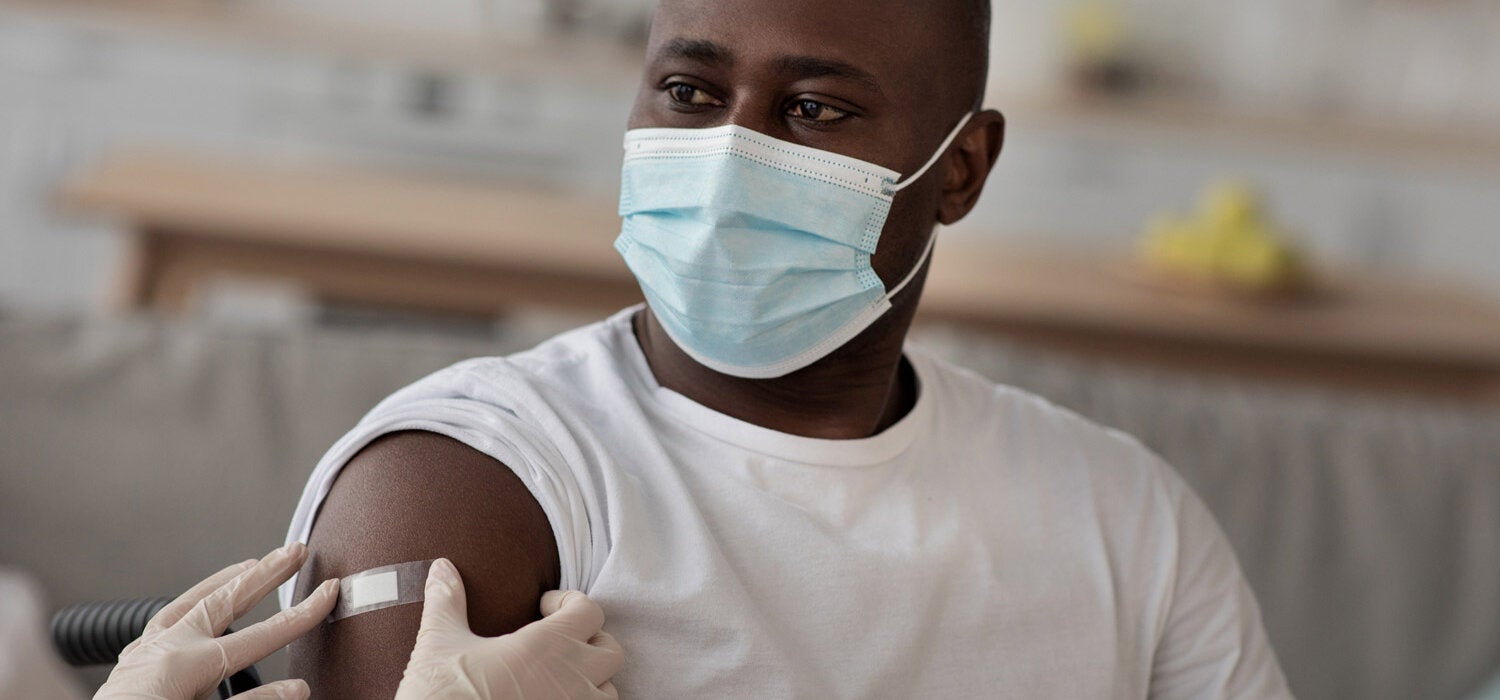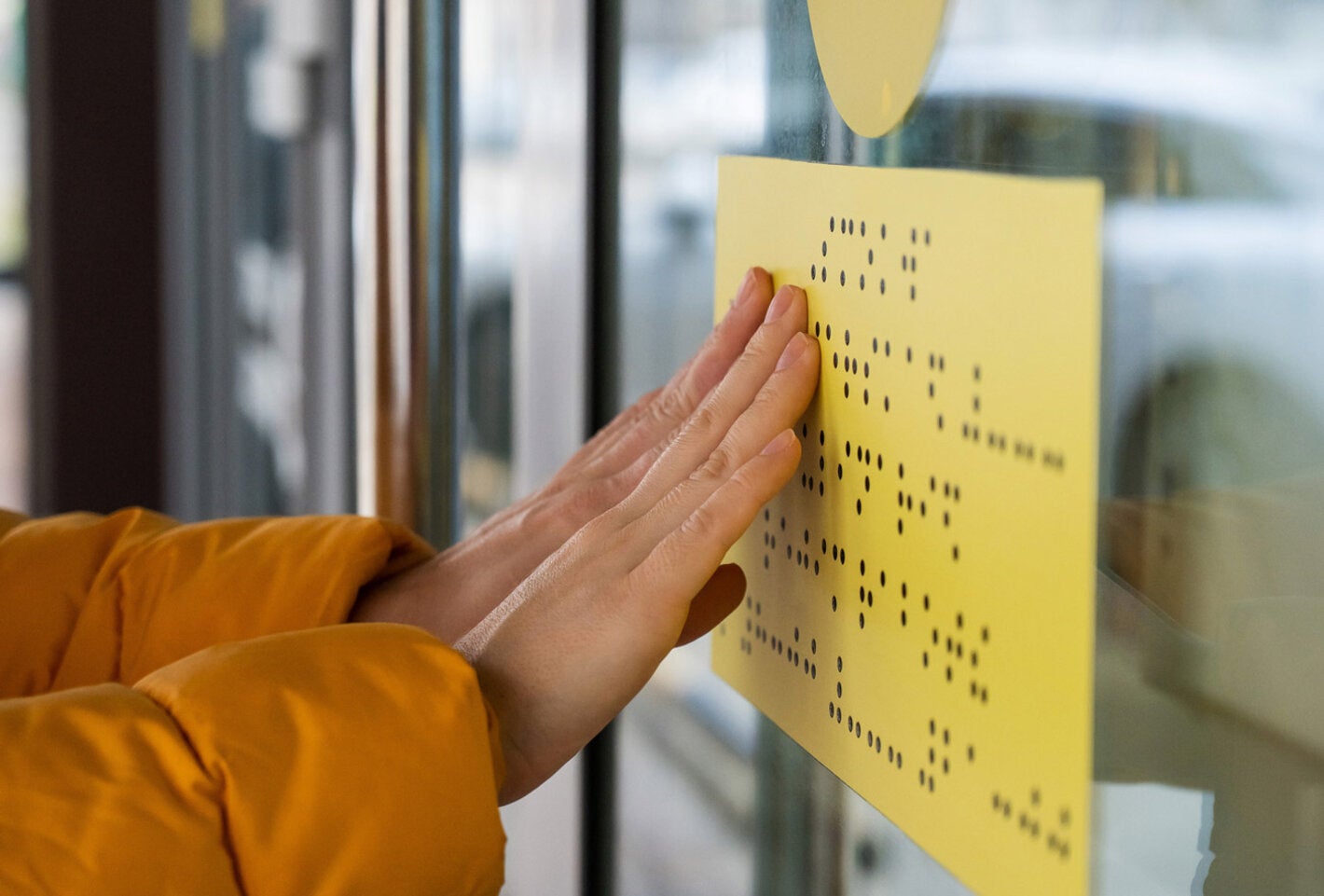PAHO found that public information and communication materials on COVID-19 were not in accessible formats. This included, for example, videos without closed captions, or sign language interpretation for people who are deaf or hard of hearing.
For people who are blind or have low vision, materials lacked signage, audio options, large print, braille and alt text (briefly describing the visual content). And for those with cognitive or intellectual disabilities, there was a lack of easy read (simpler text) versions of materials.
“Without this basic information, it was impossible for persons with disabilities to make an informed decision,” said Julia Ribeiro, a Caribbean disability inclusion and vaccines consultant at PAHO based in Trinidad and Tobago.
Ribeiro, who herself has severe to profound hearing loss from birth, was able to provide unique insights to the needs of people with disabilities and their difficulties in accessing healthcare. She cited, for example, the difficulty of deaf people in accessing health care and information during the pandemic – when everyone was wearing facemasks – making lip reading and communication without sign language impossible.
The exercise found similarities in the Caribbean and Latin America. Results of the questionnaire were discussed in several virtual meetings, where disability leaders shared ideas directly with the health sector on how to increase uptake of COVID-19 vaccines in their communities.
PAHO is now developing an online training course aimed at vaccine planners and implementers to guide them on making vaccine services inclusive and accessible. PAHO also created an international sign playlist on its YouTube channel to increase information access to deaf communities.
“What started as a crisis opened the door of opportunity for us and raised attention to the barriers the disability community faces in accessing health,” said Duttine. “With this effort, we hope more people will feel empowered to seek health services and the COVID-19 vaccine.”
Celebrated on 3 December, the International Day of Persons with Disabilities promotes the rights and well-being of persons with disabilities at every level of society and development and raises awareness about the situation of persons with disabilities in all aspects of political, social, economic, and cultural life.


